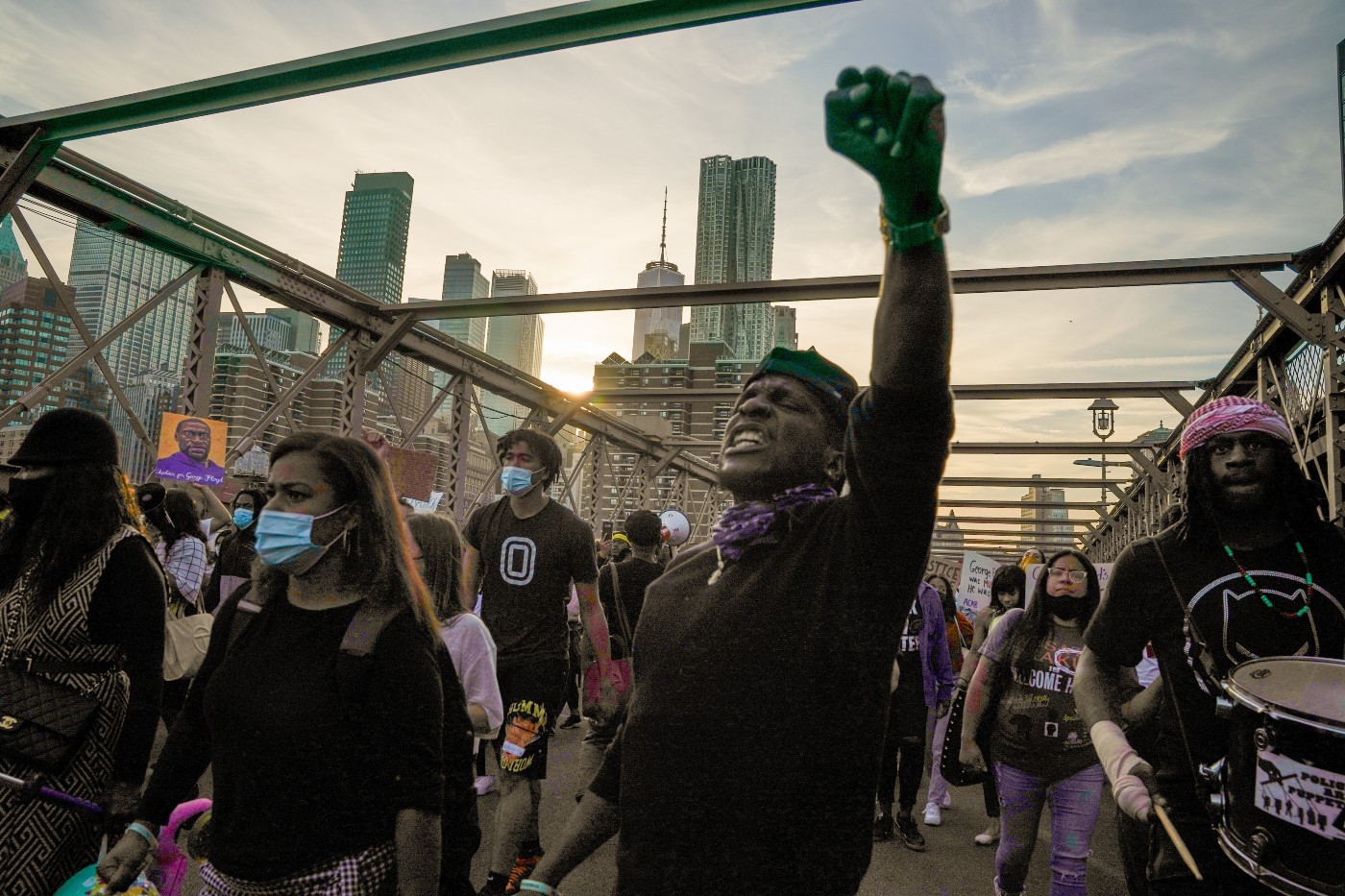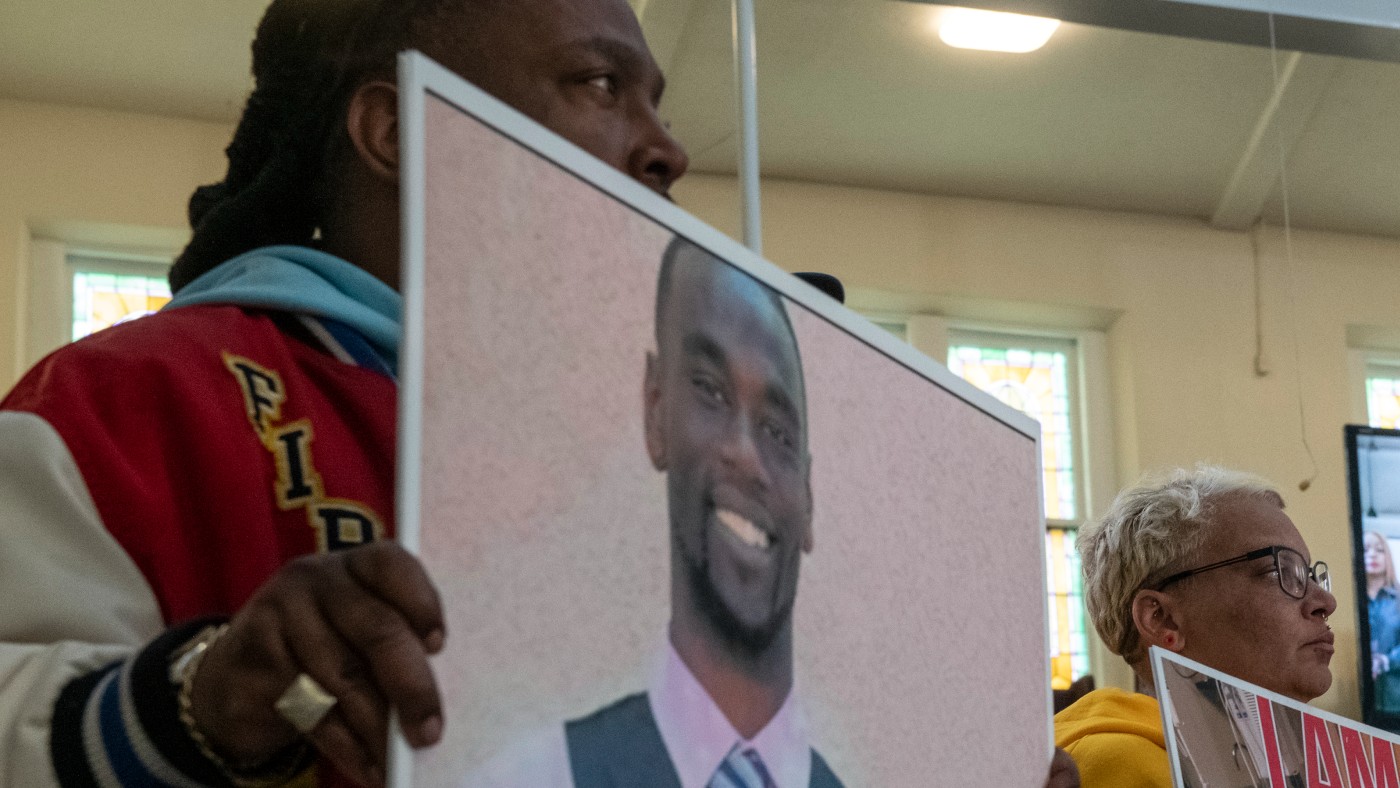Instant Opinion: ‘How our information system is poisoned’
Your guide to the best columns and commentary on Monday 12 August

A free daily email with the biggest news stories of the day – and the best features from TheWeek.com
You are now subscribed
Your newsletter sign-up was successful
The Week’s daily round-up highlights the five best opinion pieces from across the British and international media, with excerpts from each.
1. Charlie Warzel in The New York Times
on the spread of online conspiracy theories
The Week
Escape your echo chamber. Get the facts behind the news, plus analysis from multiple perspectives.

Sign up for The Week's Free Newsletters
From our morning news briefing to a weekly Good News Newsletter, get the best of The Week delivered directly to your inbox.
From our morning news briefing to a weekly Good News Newsletter, get the best of The Week delivered directly to your inbox.
Epstein Suicide Conspiracies Show How Our Information System Is Poisoned
“The dueling hashtags and their attendant toxicity are a grim testament to our deeply poisoned information ecosystem — one that’s built for speed and designed to reward the most incendiary impulses of its worst actors. It has ushered in a parallel reality unrooted in fact and helped to push conspiratorial thinking into the cultural mainstream. And with each news cycle, the system grows more efficient, entrenching its opposing camps. The poison spreads.”
2. Alex Massie in The Times
on losers’ consent
A free daily email with the biggest news stories of the day – and the best features from TheWeek.com
The polarisation of politics should worry us
“Tribalism is a pernicious drug. My team, right or especially when wrong, leads otherwise sensible people into the weeds of madness. Little good can come from this but the evident putrefaction of our two leading political parties ought to be a concern for everyone. Instead of keeping each other honest, the Tories and Labour are racing to indulge the worst instincts of their core vote. This is as immodest as it is indecent. A bigger, better, politics would accept the importance, indeed the necessity, of losers’ consent. Miserably, that kind of politics seems impossible right now.”
3. Tom Peck in The Independent
on the triumph of Tory ideology over pragmatism
Javid says the shrinking UK economy will emerge ‘stronger’ from no-deal Brexit. He’s lying to himself, and you
“Such is the descent to madness. In the ever so slightly amended words of WB Yeats, the best lack all conviction, but they can be forced to go on the telly to parrot out the passionate intensity of the worst. As a younger Sajid Javid knows full well, and might just wish to whisper in the ear of his slightly older friend, we will not come out of a no-deal Brexit ‘stronger and more resilient.’ It isn’t going to happen. Pretending it will to appease the liars and the sociopaths next door is in absolutely nobody’s interests at all. At the bitter end, not even your own.”
4. The Financial Times editorial board
on combating political polarisation
Deliberative democracy is just what politics needs
“The idea that democracy is about more than voting has an illustrious pedigree. The core of the deliberative democracy tradition — a respectable academic research programme as well as a reform movement — is that democratic citizens better fulfil their role as the ultimate source of sovereignty when they inform themselves and elaborate their views in the presence of their peers. While discussion among like-minded people has been shown to shift people towards more extreme opinions, structured deliberation with people one disagrees with has a much more salutary effect.”
5. David Baker in the New Statesman
on police violence in the US
Five years after Ferguson, has anything changed?
“In democratic societies, the theory is that police operate with the consent of the population – as distinct from coercing them into behaving in a peaceable and lawful manner. Consent is given on the basis that police conduct themselves in a way that appears legitimate to the public. If things go wrong, the public has a legitimate right to ask police departments why and how it happened, and to seek reassurances that lessons are learned that prevent future errors. The principle of accountability stems from consent and legitimacy. Remove accountability, and legitimacy and consent become damaged.”
-
 Why is the Trump administration talking about ‘Western civilization’?
Why is the Trump administration talking about ‘Western civilization’?Talking Points Rubio says Europe, US bonded by religion and ancestry
-
 Quentin Deranque: a student’s death energizes the French far right
Quentin Deranque: a student’s death energizes the French far rightIN THE SPOTLIGHT Reactions to the violent killing of an ultraconservative activist offer a glimpse at the culture wars roiling France ahead of next year’s elections
-
 Secured vs. unsecured loans: how do they differ and which is better?
Secured vs. unsecured loans: how do they differ and which is better?the explainer They are distinguished by the level of risk and the inclusion of collateral
-
 George Floyd legacy: what has changed in the US three years on
George Floyd legacy: what has changed in the US three years onfeature Police officers are more accountable but has ‘white empathy’ hit a wall?
-
 US elite crime-fighting units: a recipe for trouble?
US elite crime-fighting units: a recipe for trouble?feature Tyre Nichols’ death in Memphis highlights the dangers of using of elite crime-fighting units
-
 What happened to Tyre Nichols?
What happened to Tyre Nichols?Speed Read President Biden calls for ‘peaceful protest’ ahead of video release showing Memphis police officers fatally injuring 29-year-old
-
 Andrew Tate and the radicalisation of teenage boys
Andrew Tate and the radicalisation of teenage boysTalking Point Teachers say male students are being sucked into former kickboxer’s ultra- macho world where they are exposed to his disturbing views
-
 How TikTok conquered the world
How TikTok conquered the worldfeature The Chinese-owned video app is expected to have 1.8 billion users by the end of the year
-
 Alex Jones admits Sandy Hook shootings were real
Alex Jones admits Sandy Hook shootings were realSpeed Read Infowars founder has been ordered to pay $4.1m damages to parents of boy killed in the attack
-
 ‘The UK’s malaise will not end with the Prime Minister’s exit’
‘The UK’s malaise will not end with the Prime Minister’s exit’Instant Opinion Your digest of analysis from the British and international press
-
 ‘Police tactics are not getting worse, they are simply being filmed’
‘Police tactics are not getting worse, they are simply being filmed’Instant Opinion Your digest of analysis from the British and international press